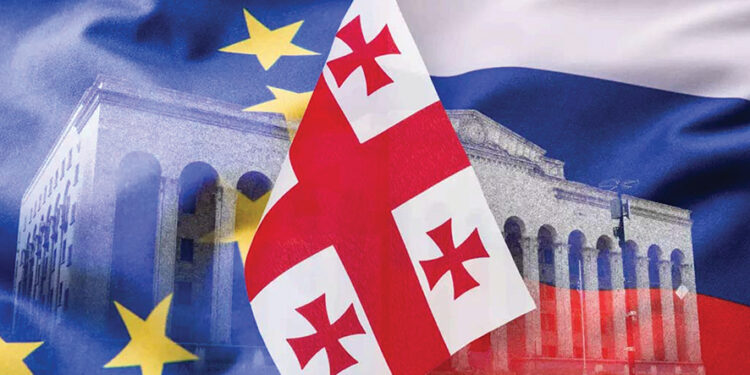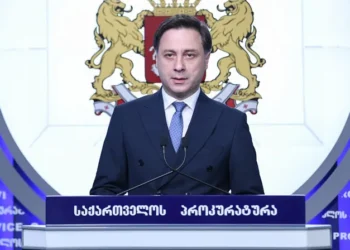Experts maintain that Sakartvelo, as small and inconsequential as it might seem, is still playing its affordable and commensurable role on the international stage. Our Georgia appears attractive in many different ways: its geographical location, ancient history, fascinating culture, religious relics, unique language with its own writing system, fabulous wines, delicious cuisine, polyphonic singing, national dances, geopolitical value, and what not.
The only thing its good people might be lacking is an acute sense of history, which hampers our best judgment on current issues, along with the political acumen that has always stood in the way of making the best and most favorable national decisions. Otherwise, we are in tolerable shape as a nation.
Time passes, and the distance between the tragic post-Soviet era and today grows longer, blurring the memory of the dark days we endured in the late 1980s and early 1990s. Many young men and women around me, who know this part of Georgia’s history only by word of mouth or through the still-developing historical record, keep asking the same question: Could the disastrous 9th of April, 1989, and the subsequent heartbreaking loss of our territories to Russia have been avoided?
There are no wise men around who could give an unequivocal answer to that bitter question of the century. I once heard a more or less straightforward reply: “Yes, those catastrophes could have been avoided had the Soviet Union not collapsed. As evil as it was, it was also powerful.”
There is something diabolically true in that statement, but it also carries an air of nostalgia for a wrong time, making it of little value or relevance today.
We are where we are now, and we need to live up to the expectations of the best, happiest, richest, and most successful part of the world. But does anyone in this country truly know how to achieve that? Any guesses might be irrelevant. So, let’s listen carefully to the demands of time and circumstance.
Sakartvelo needs to feed its people and make practical decisions that can lead to a better life for its citizens. It would certainly be an exaggeration to say we’ve already arrived, but, giving to Caesar what belongs to Caesar and to God what belongs to God, we might not be all that far from our cherished goal.
The intricate international game Georgia is currently playing could, possibly, lead us to where we have long aspired to be. And the game is called neutrality – balancing between global decision-makers, maintaining firm peace, and, in the meantime, holding on to our national values and traditions. Isn’t that ideal?
This is exactly what Thomas Friedman speaks to in his bestselling opus The Lexus and the Olive Tree — make good use of modernity, but never relinquish your roots. Isn’t that a supreme formula for human life? No doubt, if only there were a real way to bring it to life anytime soon.
America and China, both of whose hands Georgia is trying to shake in a friendly manner, are locked in furious conflict, and this little darling called Sakartvelo may be forced to take sides. Too bad. We can’t afford to take sides.
Another painful twist: Russia, our frightening neighbor, and the European Union, our final destination, are at daggers drawn. Again, what to do? How to behave without bungling it?
Funny, but let me shoot straight: If I had the model for the Republic’s most rational behavior at this complicated crossroads, I wouldn’t be spending time writing this piece. I’d be sitting where the powers that be make those decisions.
And yet, I do have some idea of how to proceed: Keep going as we are, working with every nation and useful union around us so that no one wants to fight us, and everyone wants to cooperate.
Plain, cogent, and rational, isn’t it?
Blog by Nugzar B. Ruhadze














